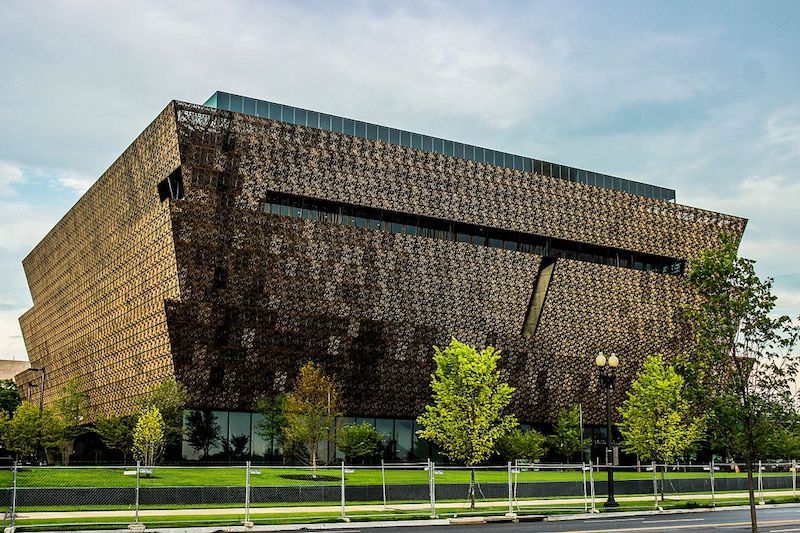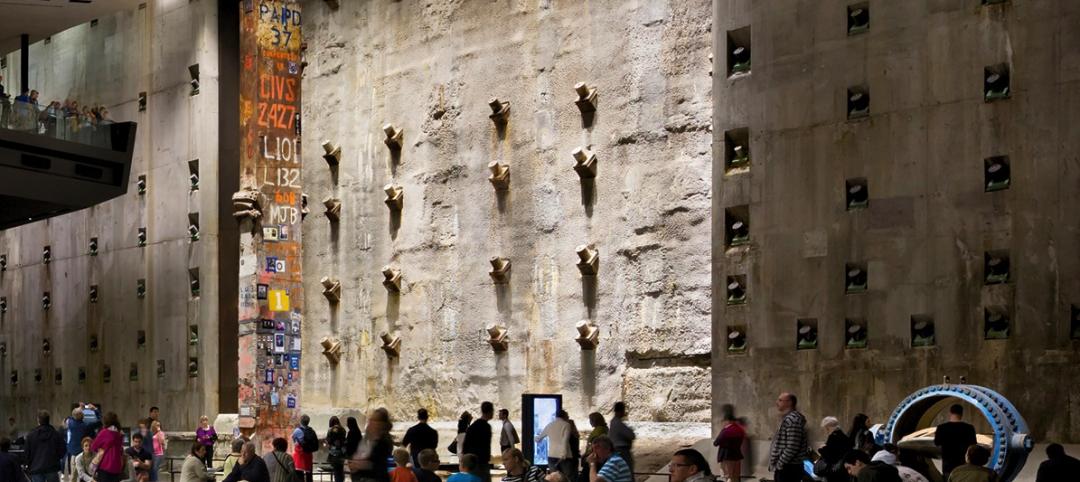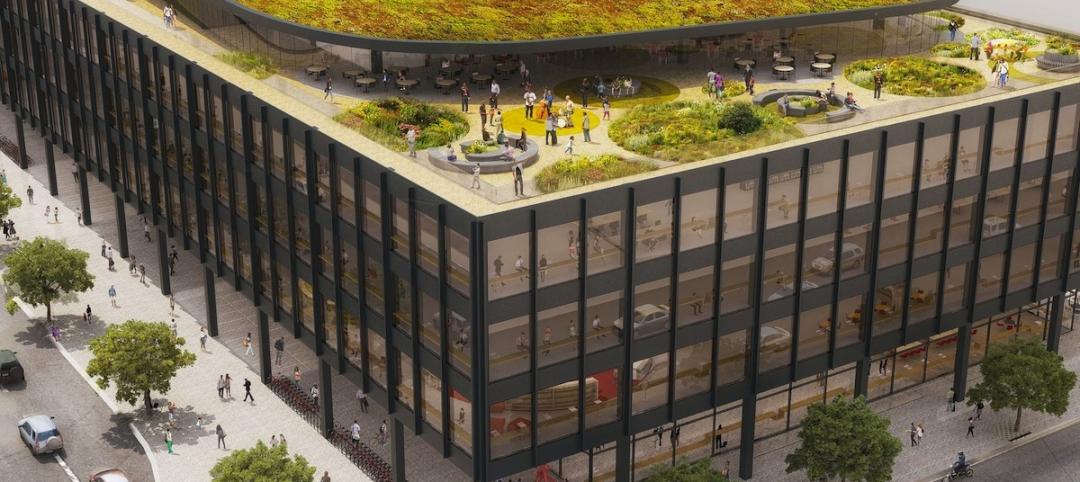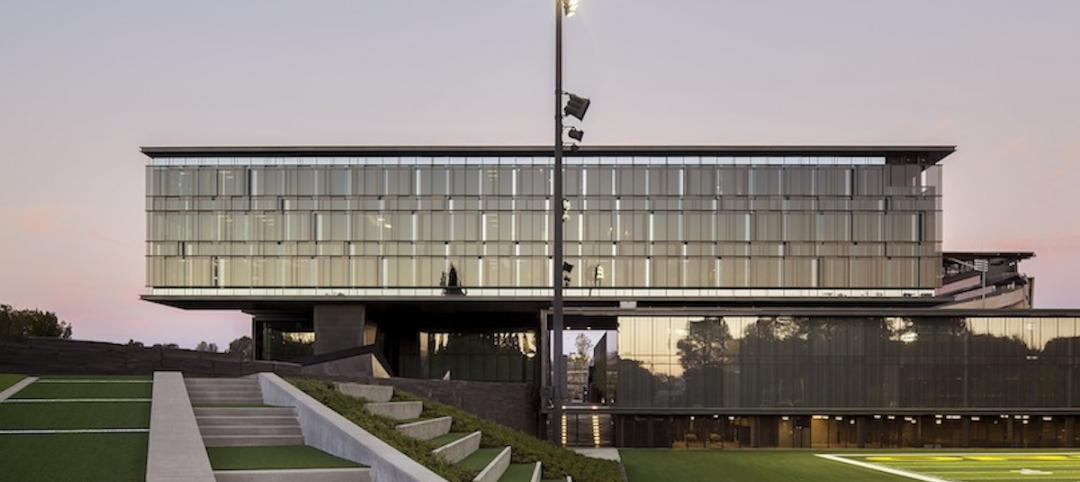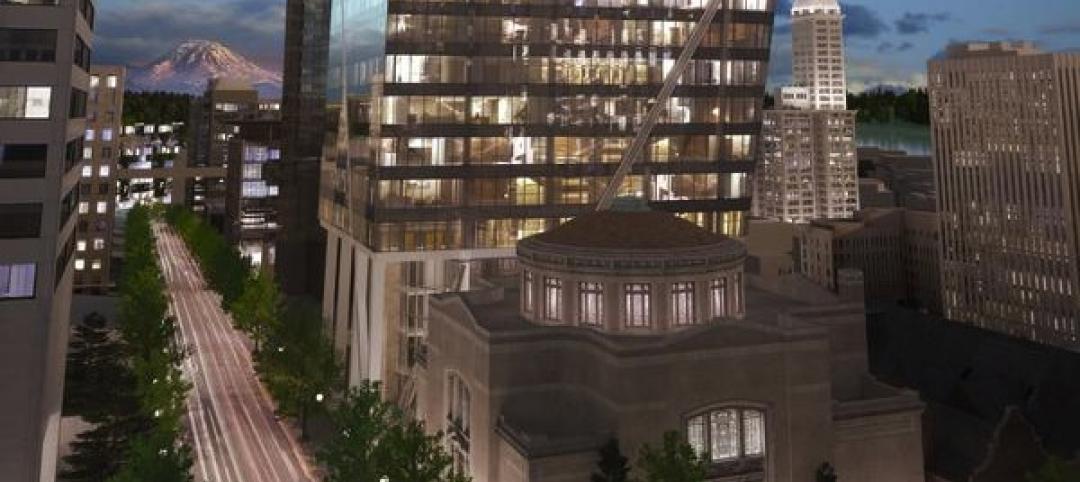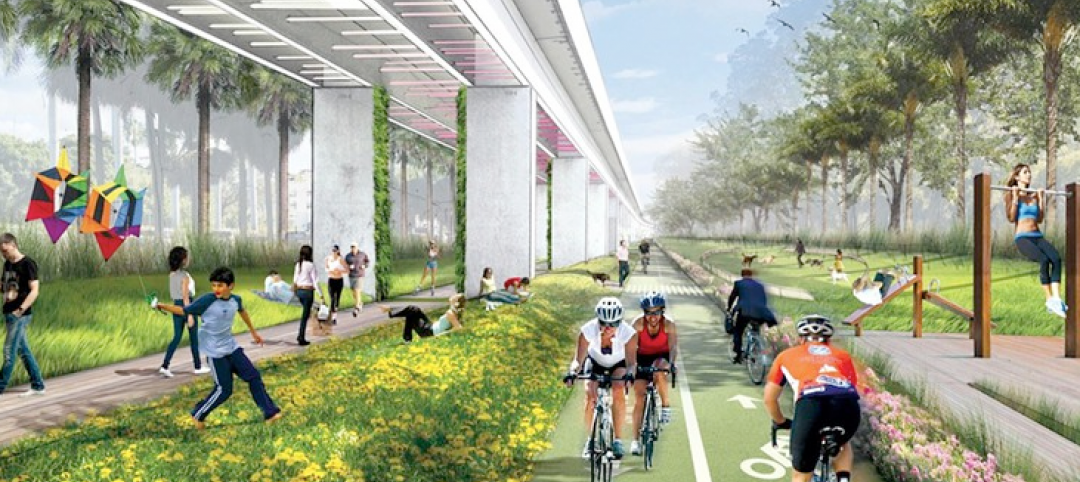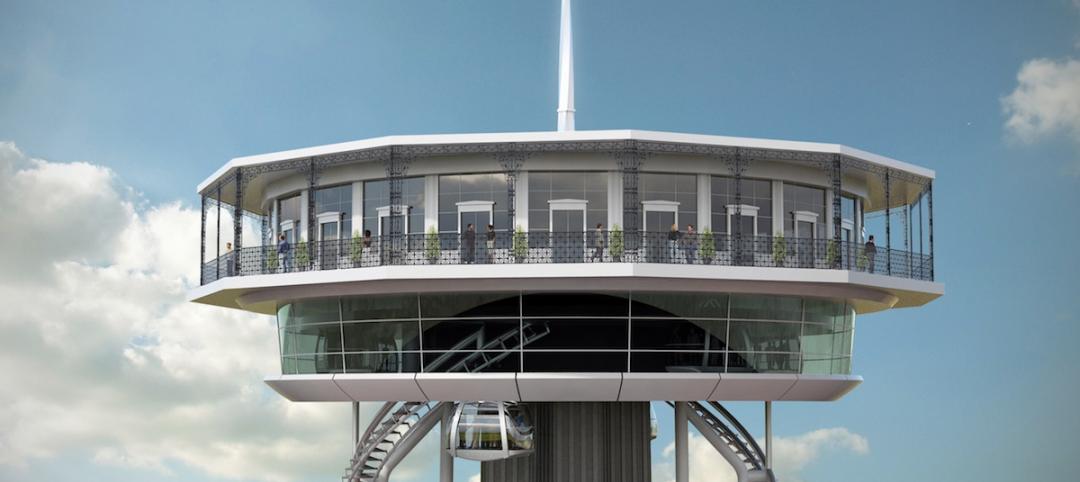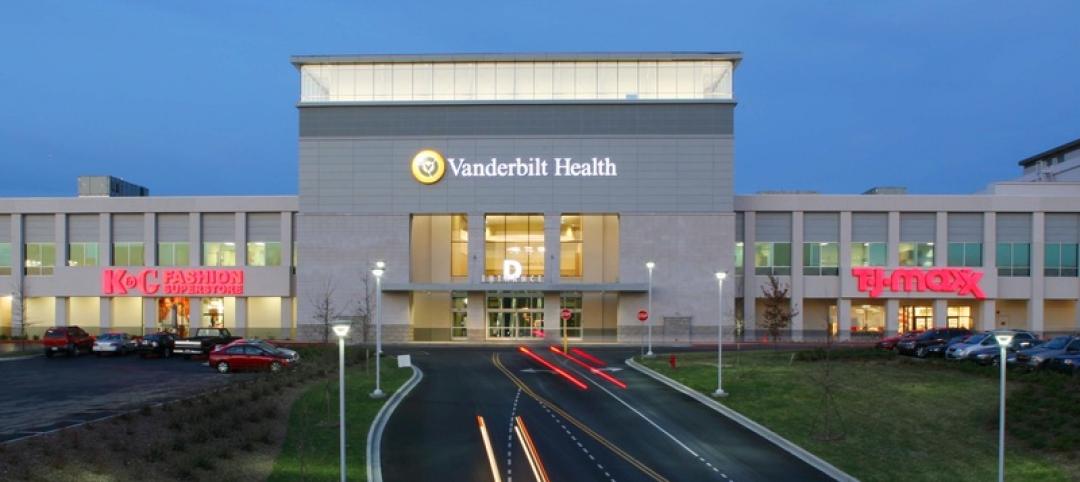A recent story in the Birmingham (Ala.) Business Journal reported that so many local nonprofit organizations are competing for private capital to fund their building projects that there might not be enough money to go around. Among those projects is a new $25 million, 4.1-acre headquarters campus for the Salvation Army. Phase 1 of that construction—which includes a renovation of a former elementary school—is being funded by a campaign that raised more than $15 million, including $1 million pledged by Jim Gorrie, CEO of Brasfield & Gorrie, the GC on this project.
Birmingham is among the metros reaping the benefits of a spurt in nonprofit building. A recent article posted on the website of The NonProfit Times singles out several major capital campaigns to finance new construction of museums, hospitals, theaters, and other venues, at a time when contributions from local, state, and federal governments, while still essential to many organizations’ building strategies, aren’t as certain or steady as they once might have been.
Leading this charge has been The Smithsonian, which in October 2014 launched its first-ever fundraising campaign, with a goal of raising $1.5 billion, the largest ever for any cultural institution. (About $1 billion had been pledged even before the campaign officially got rolling.)
A portion of the $540 million 400,000-sf National Museum of African-American History and Culture, which opened in September, was financed by private donations. Most of the Smithsonian’s exhibits and programs are privately funded. And about 40% of the institution’s salaries and maintenance are defrayed by donors, compared to 30% prior to its initiating the fundraising campaign.
The NonProfitTimes also points to the American Museum of Natural History in New York, which has offset a decline in income from investments by contributions that rose to $160 million in 2015, from $78 million the previous year, mostly from a handful of major donations.
This museum is currently adding to its Rose Center for Earth and Space with a $325 million, six-story, 218,000-sf Richard Gilder Center for Science, Education, and Innovation, scheduled for completion in 2019. The 84-year-old financier and philanthropist Richard Gilder contributed $50 million to this project, the largest single donation in the museum’s history.
New York City kicked in $15 million for this addition. The city is also playing a financing role in other cultural construction projects, such as the 57,500-sf “Ocean Wonders: Sharks!” exhibit in Coney Island. The city made a “major gift” to the Harlem Children’s Zone, which in 2015—the first year of its capital campaign—raised $193 million, versus $78 million in 2014.
The Task Force for Global Health, a nonprofit health organization in Decatur, Ga., is working with DeKalb County to acquire a six-story government building that would triple the square footage of this organization’s existing headquarters. The Task Force will soon launch a $15 million capital campaign to pay for the $12 million purchase and renovating the building.
Related Stories
Building Team Awards | Apr 9, 2015
9/11 museum triumphs over controversy
The Building Team for this highly visible project had much more than design, engineering, and construction problems to deal with.
Cultural Facilities | Apr 7, 2015
Mies’ Martin Luther King Jr. Library to get makeover
The architects say the modernization aims to improve “Mies in a contemporary Miesian way.”
Cultural Facilities | Apr 6, 2015
Berkeley’s West Branch Library generates more energy than it uses
The 9,400-sf facility is California's first Net Zero Energy-certified building.
Cultural Facilities | Mar 31, 2015
Pratt Institute to offer first-ever degree in placemaking
As part of its new Urban Placemaking and Management degree, Pratt will offer courses on topics such as "the history and theory of public space" and the "economics of place."
Structural Materials | Mar 30, 2015
12 projects earn structural steel industry's top building award
Calatrava's soaring Innovation Science and Technology Building at Florida Polytechnic University is among the 12 projects honored by the American Institute of Steel Construction in the 2015 IDEAS² awards competition.
Cultural Facilities | Mar 30, 2015
Designs released for new entertainment center in Lubbock, Texas
Amenities of the facility include a performance venue that seats 2,220, a smaller one that seats 425, a 6,000-sf multipurpose room, and a bistro café.
Religious Facilities | Mar 23, 2015
Is nothing sacred? Seattle church to become a restaurant and ballroom
A Seattle-based real estate developer plans to convert a historic downtown building, which for more than a century has served as a church sanctuary, into a restaurant with ballroom space.
Cultural Facilities | Mar 17, 2015
The High Line’s co-designer wins contract for The Underline in Miami
James Corner Field Operations will design the master plan for this 10-mile restoration project.
Cultural Facilities | Mar 13, 2015
New Orleans observation tower to feature 320-foot double-helix gondola ride
Tricentennial Tower will take visitors on a 300-year journey through the city's history before landing them at the top for a 360-degree view of the Crescent City.
Retail Centers | Mar 10, 2015
Retrofit projects give dying malls new purpose
Approximately one-third of the country’s 1,200 enclosed malls are dead or dying. The good news is that a sizable portion of that building stock is being repurposed.


